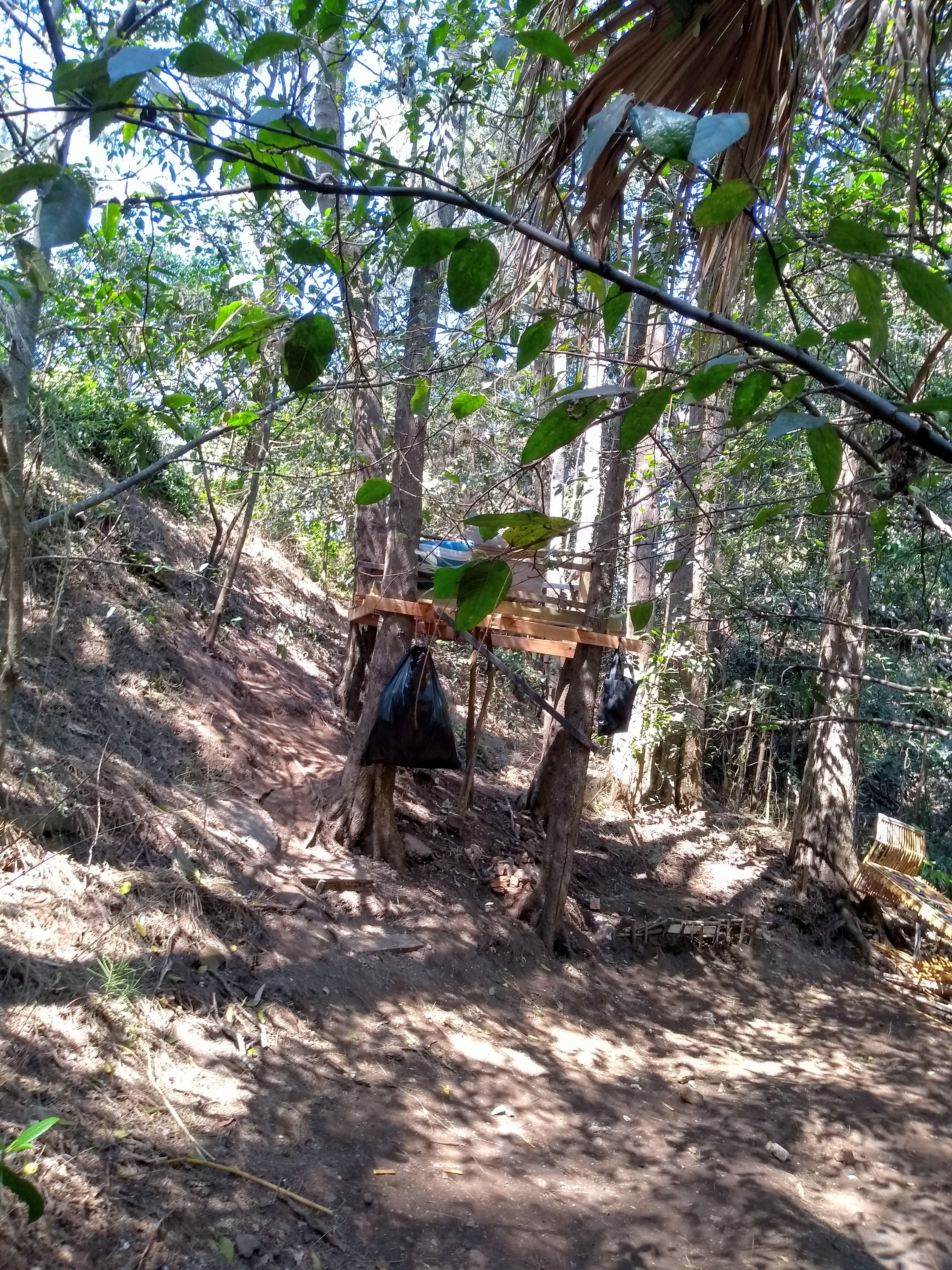Pittwater's environment: the good, bad, ugly of 2023

the good
As in previous years the thousands of hours given by volunteers as part of bushcare sites remains. Council states Bush regeneration works continued in over 260 sites, including planting 19,900 local native plants and over 2,800 trees. Almost 26 thousand hours were given in bush care in Pittwater alone.
The total budget spent on bushland management activities in 2022/23 was $4,018,486. This excludes further bushland management which is undertaken as part of separate grant related works including part of the NSW Governments Save our Species program and Crown Reserves Improvement fund.
A further $247,000 was spent of bushland management activities conducted with coastal sand dune areas across the LGA.
Council's 2022-2023 Annual Report 'Major Contracts lists some of these projects in bush regeneration or others in environmentally sensitive areas (al figures ex-GST):
- Apunga; Burnt Bridge Creek bushland restoration contract - $208,000.00
- Australian Bushland Restoration Pty Ltd; Ingleside Chase bushland restoration - $182,000.00
- Australian Bushland Restoration Pty Ltd; Attunga Nareen bushland restoration - $212,000.00
- Australian Bushland Restoration Pty Ltd; Narrabeen Elanora bushland restoration - $225,200.00
- Australian Bushland Restoration Pty Ltd; Jamieson Park bush regeneration and hazard reduction - $269,600.00
- Azbuild Pty Ltd; Snapperman Beach Reserve seawall reconstruction works - $362,100.00
- CC Pines Pty Ltd; Design and construction of Morgan and Oxford Falls Road Bridge -$367,592.00
- Civotek Pty Ltd; Proposed stormwater improvement works, Park Street & Pittwater Road - $393,085.00
- Haskoning Australia Pty Ltd; Mona Vale Beach outlets upgrade - $198,125.00
- Complete Urban Pty Ltd; Design service for Frenches Forest Town Centre Park upgrade - $465,272
- Dragonfly Environmental; Forestville & Killarney area contract - $274,500.00
- Green Options; Turf wicket and sports field maintenance - $2,633,880.00
- Kelbon Project Services Pty Ltd; New footpath - Crescent Road, Newport – stage 1 and 2- $264,960.00
- National Trust Of Australia (NSW); Minor reserves and powerful owl project - $162,000.00
- Ozpave (AUST) Pty Ltd; New footpath – Annam Road, Bayview - $150,312.00
- REES Electrical Pty Ltd; Kitchener Park lighting renewal - $376,000.00
- Specialised Pavement Services Pty Ltd Street sweeping in former Pittwater $429,821.00
- Skyline Landscape Solutions Parks and reserves mowing services $1,026,000.00
- Image Property Detailing Parks and reserves mowing services $1,630,361.00
- Marsupial Landscapes Pty Ltd Parks and reserves mowing services $1,380,000.00
- Standby Forty-Six Pty Ltd Parks and reserves mowing services $1,085,350.00
- Steelworks Engineering Pty Ltd Design and construct of Fern Creek pedestrian bridge $618,310.00
- Terroir Pty Ltd Manly Life Saving Club and precinct redevelopment project – architect appointment $2,366,149.00
- Toolijooa Pty Ltd: Deep Creek area reserves project $182,000.00
- Turf Drain Australia; Kitchener Park, Frank Gray Oval, Mike Pawley Oval design and construct drainage systems $373,905.00
- Waratah Eco Works; Seaforth Balgowlah Heights bushland restoration project $244,228.00
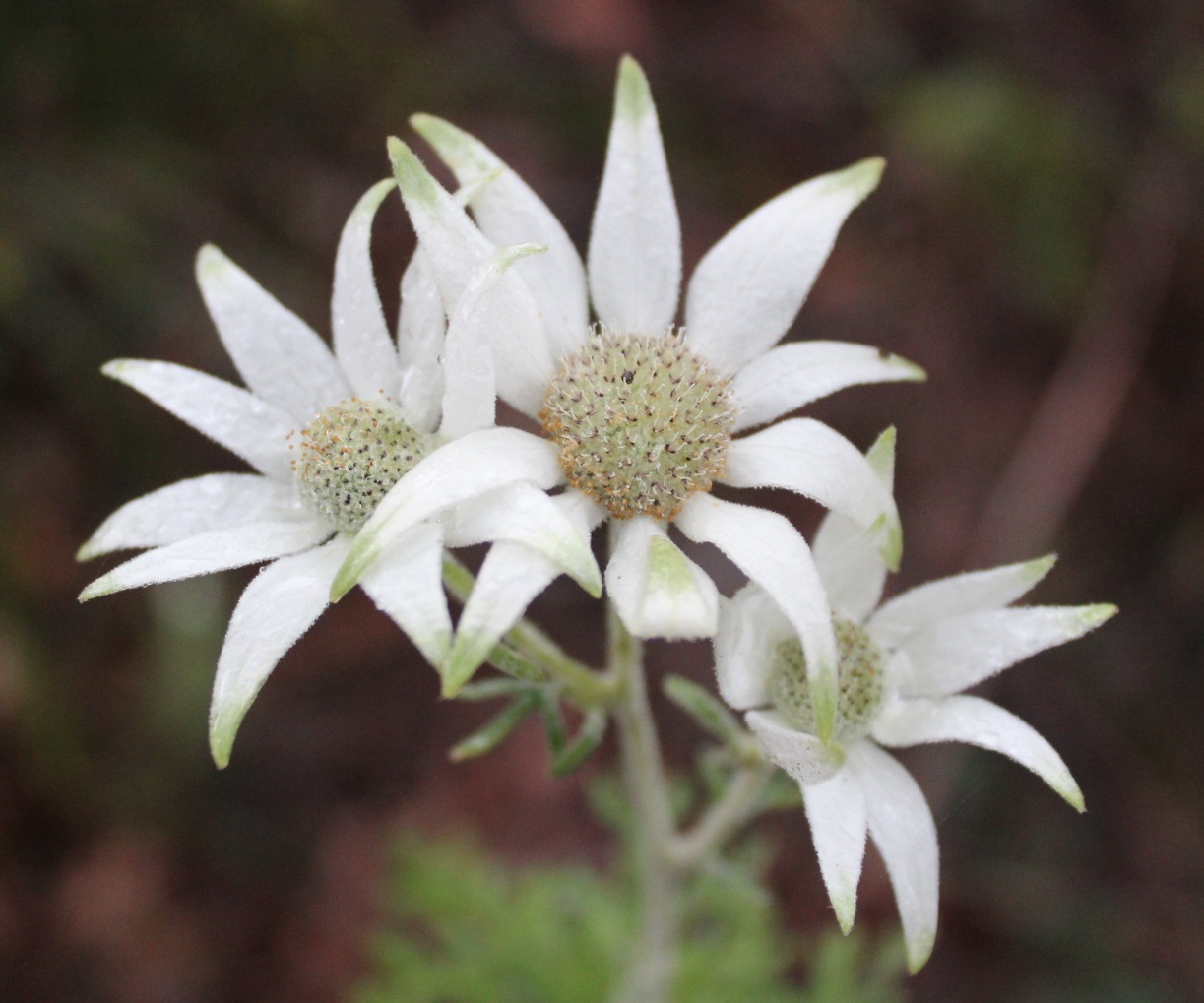
Another Good happening this year has been running a series of 'Ringtail Posses' each month, with a few to come. With over 5000 wildlife species rescued and rehabilitated by local trained people from Sydney Wildlife Care and WIRES annually, and the heartbreak that comes with the loss of these other residents, sharing how much so few do for so many each year has brought some new understanding about how we can all look after our local wildlife a little better and support those whop dedicate their time 24/7, along with large chunks of their hard earned dollars, to save our wildlife.
The name comes from the fact that the 'common' ringtail possum is not so common anymore in our area - thousands of these are lost each year as people cut down their home nesting trees or they are attacked by peoples pets; their cats and dogs. The 'posse' element is a group of friends or people with some common interest - which, as it turns out, would be 99% of us if feedback so far is anything to go by.
There is a problem with the lost of food for natives locally as well - wildlife carers have stated that this past Spring many of the animals coming into care were starving as they had not been able to get enough to eat. We all need to plant more native species for food and habitat.
We all need to slow down on local roads as well - every single day wildlife is being struck by people going too fast in back streets and even in areas where there is signage and slower speeds to limit the loss of mums carrying bubs across the road.
Carers are also asking that we all put in a submission to the Wakehurst Parkway changes mooted calling for wildlife to be taken into account as this is a wildlife corridor long before a road was put through their homes. See: Wakehurst Parkway Upgrade: Please Speak Up For Local Wildlife In Your Feedback - Submissions now Close December 20
When it is hot, as it is forecast to be this Summer, carers ask that we put out water bowls on the ground under trees or up higher, with twigs or stones for wildlife to be able to get in and out, and to keep our pets on leash when out and about as wildlife will come down closer to the ground to cool off during hot spells.
Those run so far are listed below.
- Ringtail Posse: 1 – February 2023; Anna Maria Monticelli: King Parrots/Water Dragons - Jacqui Scruby: Loggerhead Turtle - Lyn Millett OAM: Flying-Foxes - Kevin Murray: Our Backyard Frogs - Miranda Korzy: Brushtail Possums
- Ringtail Posse: 2 - March 2023; Kevin Murray: Tawny Frogmouth - Kayleigh Greig: Red-Bellied Black Snake - Bec Woods: Australian Water Dragon - Margaret Woods: Owlet-Nightjar - Hilary Green: Butcher Bird - Susan Sorensen: Wallaby
- Ringtail Posse 3 - April 2023: Jeffrey Quinn: Kookaburra, Tom Borg McGee: Kookaburra, Stephanie Galloway-Brown: Bandicoot, Joe Mills: Noisy Miner
- Ringtail Posse 4 May 2023 - Andrew Gregory: Powerful Owl, Marita Macrae: Pale-Lipped Or Gully Shadeskink, Jools Farrell: Whales & Seals, Nicole Romain: Yellow-Tailed Black Cockatoo
- Ringtail Posse 5: June 2023 - Lynleigh Greig OAM: Snakes, Dick Clarke: Diamond Python, Selena Griffith: Glossy Black-Cockatoo, Eric Gumley: Bandicoot
- Ringtail Posse 6: July 2023 - Sonja Elwood: Long-Nosed Bandicoot, Dr. Conny Harris: Swamp Wallaby, Neil Evers: Bandicoot, Bill Goddard: Bandicoot
- Ringtail Posse 7: August 2023 - Geoff Searl OAM: Tawny Frogmouth, Peter Macinnis: Echidna, Peter Carter: Ringtail Possum, Nathan Wellings; Kookaburra
- Ringtail Posse 8: September 2023 - Saving Sydney's Last Koalas; Logging Now Stopped In Future Koala Park By Minns Government - ''Is There Time To Save Sydney's Last Koalas Too?'' Asks: John Illingsworth, WIRES, Sydney Wildlife Rescue, Save Sydney Koalas, The Sydney Basin Koala Network, The Help Save The Wildlife & Bushlands In Campbelltown Group, Appin Koalas Animal Rescue Service, Patricia and Barry Durham, Sue Gay, Save Mt. Gilead, Paola Torti Of The International Koala Intervention Group
- Ringtail Posse 9: October 2023 - David Palmer OAM: Bandicoots, Helen Pearce: Brushtail Possum, Amina Kitching: Goanna, David Goudie: Ringtails Possums + Bandicoots + Owls
- Mother Brushtail Killed On Barrenjoey Road: Baby Cried All Night - Powerful Owl Struck At Same Time At Careel Bay During Owlet Fledgling Season: calls for mitigation measures - The List of what you can do for those who ask 'What You I Do' as requested
- Ringtail Posse 10: November 2023 - Stop Wildlife Roadkill Group: You Can Help By Using The Wildlife Incident Mapping Website
The Bad
Rig Recycle was developed and trialled as part of Tangaroa Blue Foundation's ReefClean program, removing and preventing marine debris and litter impacting the Great Barrier Reef.
The aim is to divert specified recreational fishing items and packaging accessories from becoming litter in the environment or being disposed of in landfill by changing the recycling behaviours of consumers and retailers.
The Rig Recycle program is an Australian-first program that collects selected recreational fishing and packaging items and diverts them from landfill through an innovative repair, reuse and recycle framework. The project connects recreational fishers, community clean-up participants, recreational fishing retailers and suppliers, social enterprises and community partners in a holistic and truly circular program that fills a current recycling gap.
The NSW launch took place as part of the Volvo Ocean Lovers Festival at Bondi, March 15-19, 2023 with Heidi Tait from Tangaroa Blue Foundation taking part in the Ocean Plastic Action Forum on March 15, speaking about the initiative and the work of the Foundation. The Ocean Plastic Action Forum was a one-day special event filled with interactive panel discussions providing valuable insights into the impact of ocean plastic pollution, delving into the science and issues surrounding ocean plastic, exploring current innovation and reviewing future solutions to purge plastic from our ocean.
CEO, Heidi Tait travelled to Bondi to take part in panel discussions at the Ocean Plastic Action Forum. Along with other industry professionals, they discussed the current state of plastics in our oceans and what is currently being done to reduce the impact on our oceans.
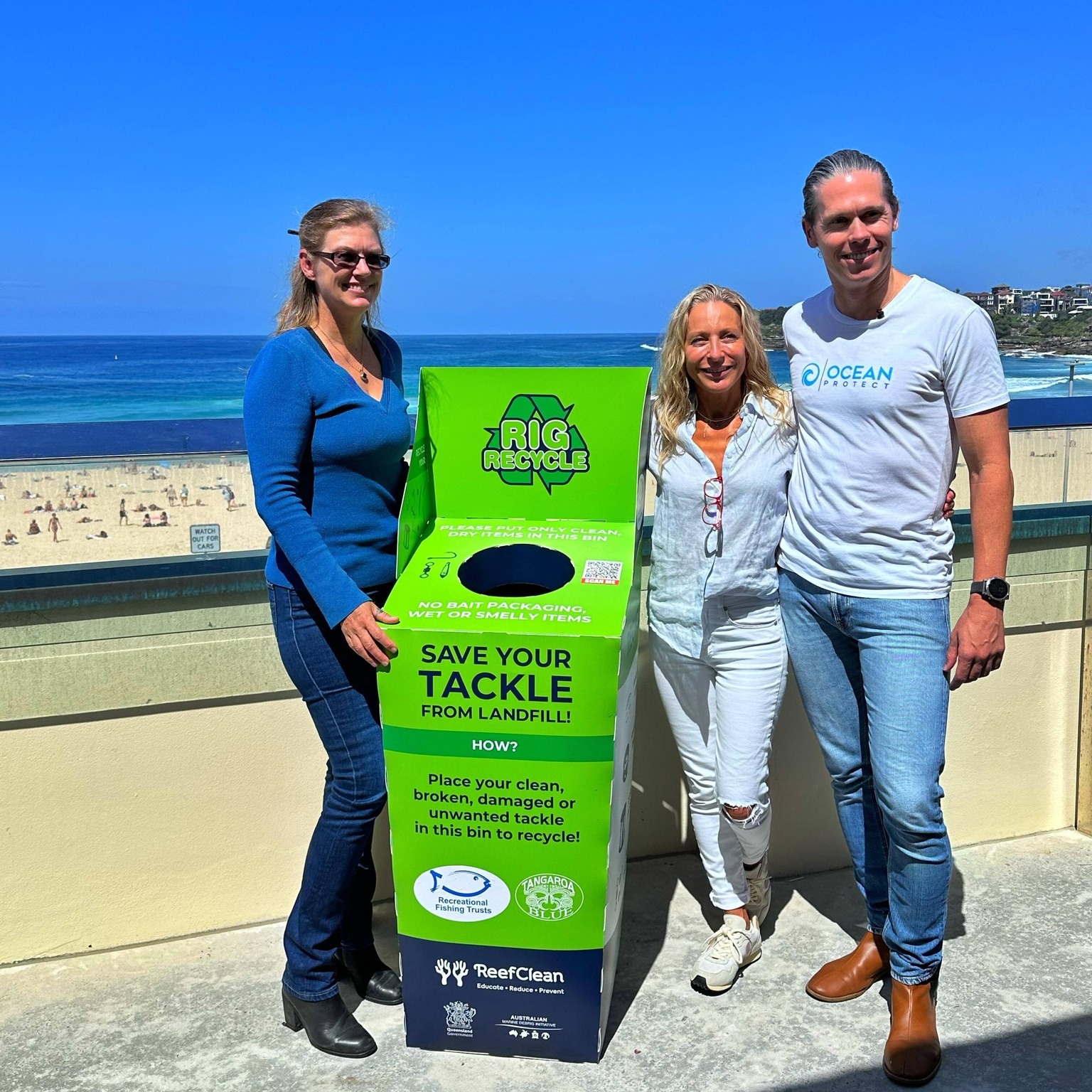
This was also a great opportunity to showcase the Rig Recycle bins that are currently rolling out across NSW as part of a NSW Recreational Fishing Trust grant. Heidi is pictured here with Anita and Brad with thanks to them and the organising team for supporting the NSW launch. This is the first version of the Rig Recycle bin - new improved one below. Photo: RigRecycle
How does it work?
- Take your recreational fishing items to a Rig Recycle bin near you
- The items get collected, audited and entered into the Australian Marine Debris Initiative (AMDI) Database
- The items are either repaired for reuse or recycled
What can you put in the bin?
- Fishing line
- Plastic line spools (that you buy your line on)
- Handline spools
- Hooks - preferably in good condition (not rusty)
- Sinkers - lead or other, in any condition
- Swivels - preferably in good condition (not rusty)
- Lures
- Floats
What can't go in the bin?
- Bait packaging, or any other smelly item
- Soft plastic packaging, recyclability is variable
- Soft plastic disposable body/tail
- Rods and reels
- Life jackets
- Flares. These should be disposed of appropriately - see your State or Territory guidelines
You can also download the Recycle Mate app, put in your location and the item and it’ll tell you where to recycle it!
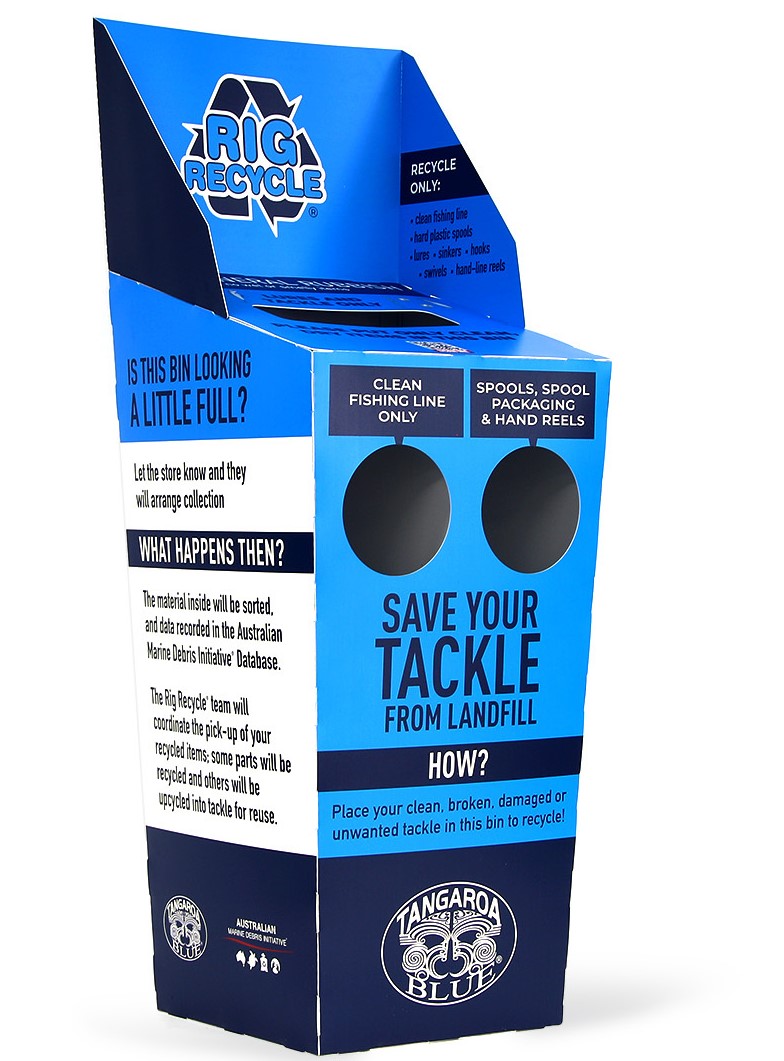
Soft plastics scourge
Council's Soft Plastics Collection Days would not be needed if supermarkets brought back butchers' paper
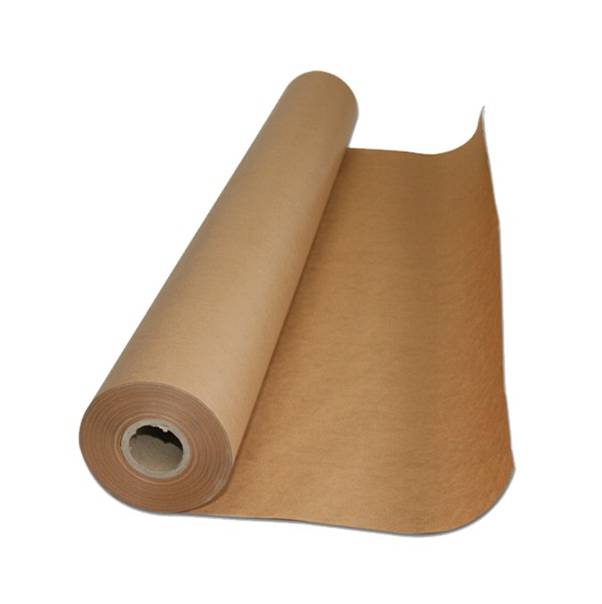
The ugly
The ugly continues to be the wilful destruction of heritage listed trees (at Palm Beach!) and elsewhere for 'views' or the deliberate destruction of bushcare sites volunteers have spent decades restoring for mountain bike tracks. Even uglier are the verbal and physical assaults that are threatened or carried out by those against anyone who challenges them.
Residents are expecting the Council and local Police to 'step up' on this. They're fed up with the deliberate destruction, the sound of helicopters and ambulances as another child is airlifted to hospital, the impact on wildlife, which is literally introducing running over them where they live, in the bush, and the excising of what belongs to everyone for the benefit of a few - and residents have been fed up for years.
People are hoping those who destroy the bush by building illegal tracks are encouraged to work with bushcarers in pulling out weeds so a track can appear before them where those weeds once were, and plant out species which would make for a much pleasanter ride along tree dappled paths with bush flowered bright colours at the corner of every eye.
The positives of this great sport could lead to positives in the community; 'it just needs to be flipped' one resident states.
There also needs to be some steps taken to provide local facilities for those that love this sport that won't entail killing the bush.
Mountain Bike Incidents On Public Land: Survey
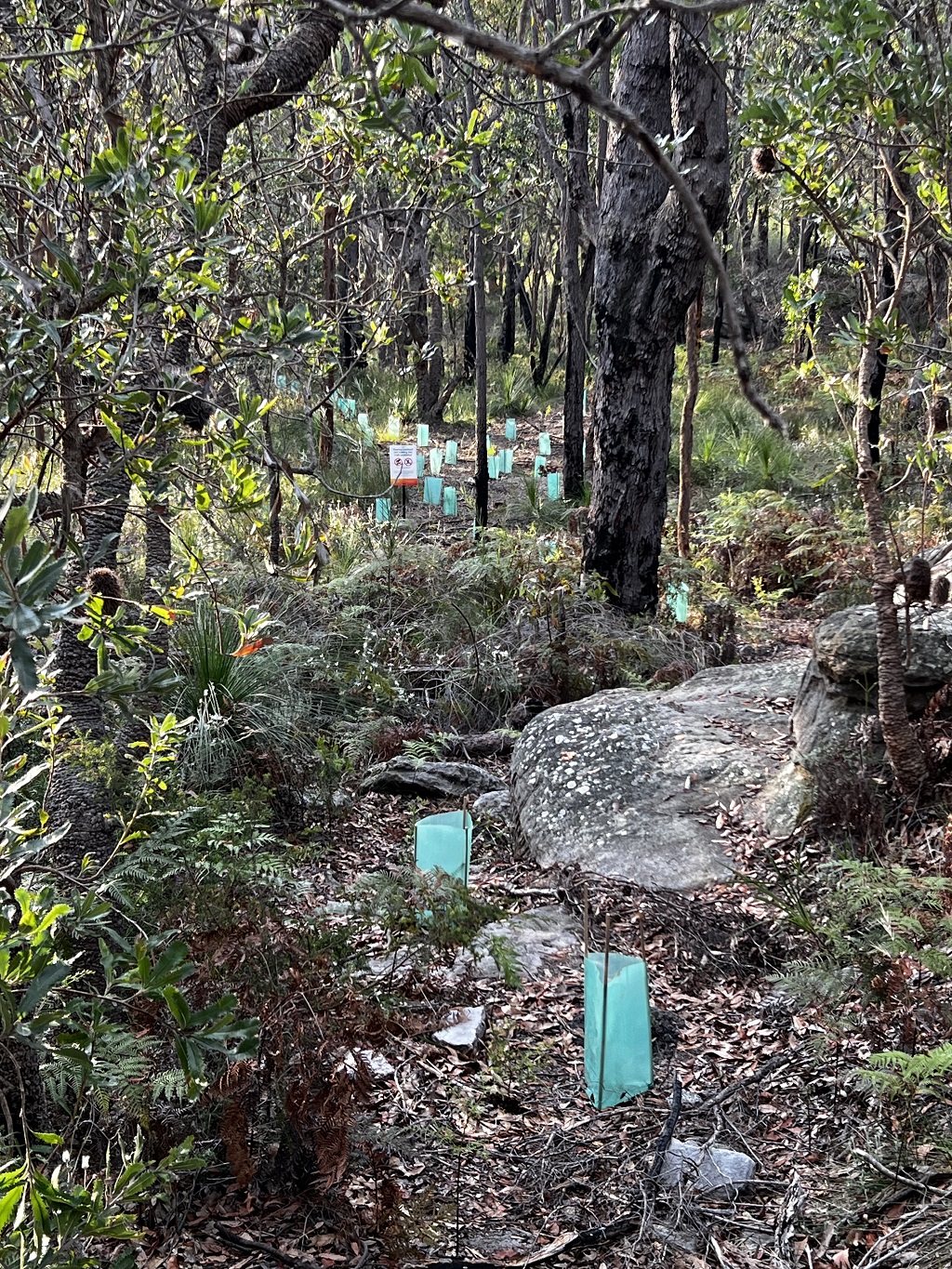
Photo supplied
